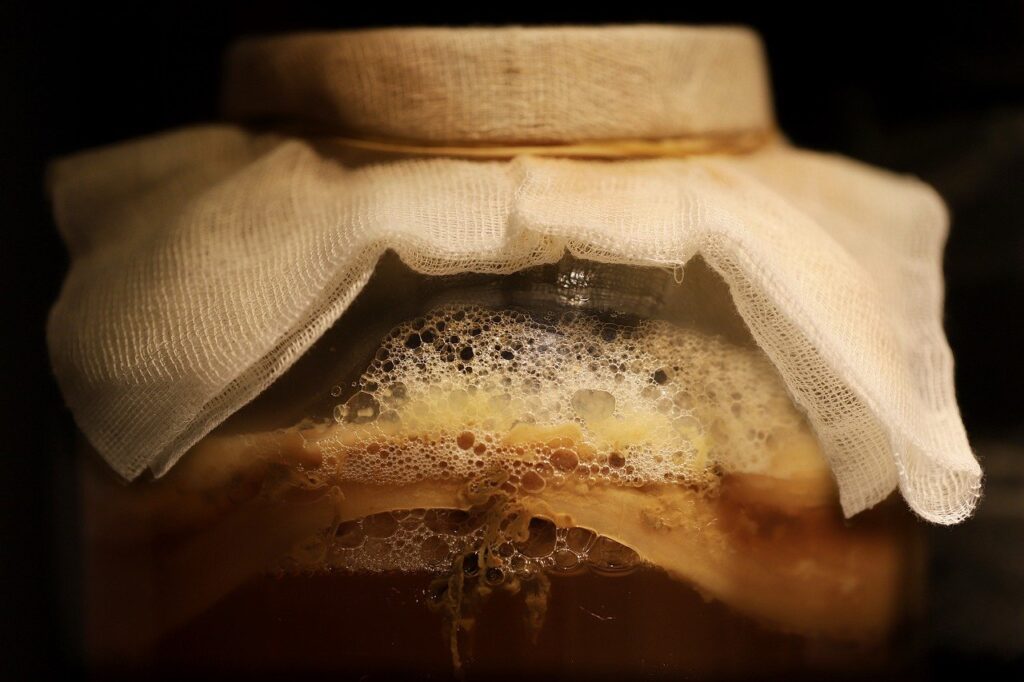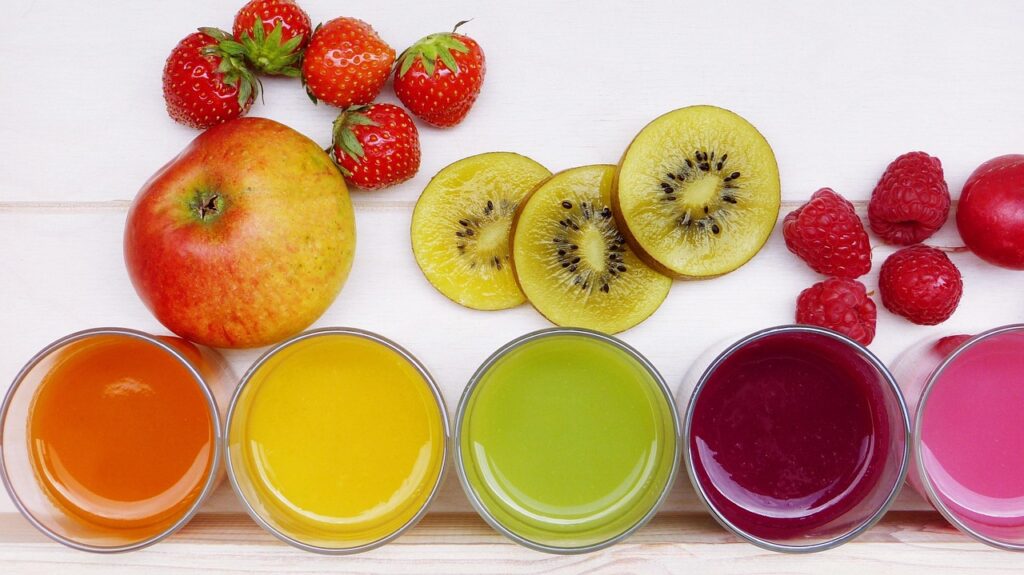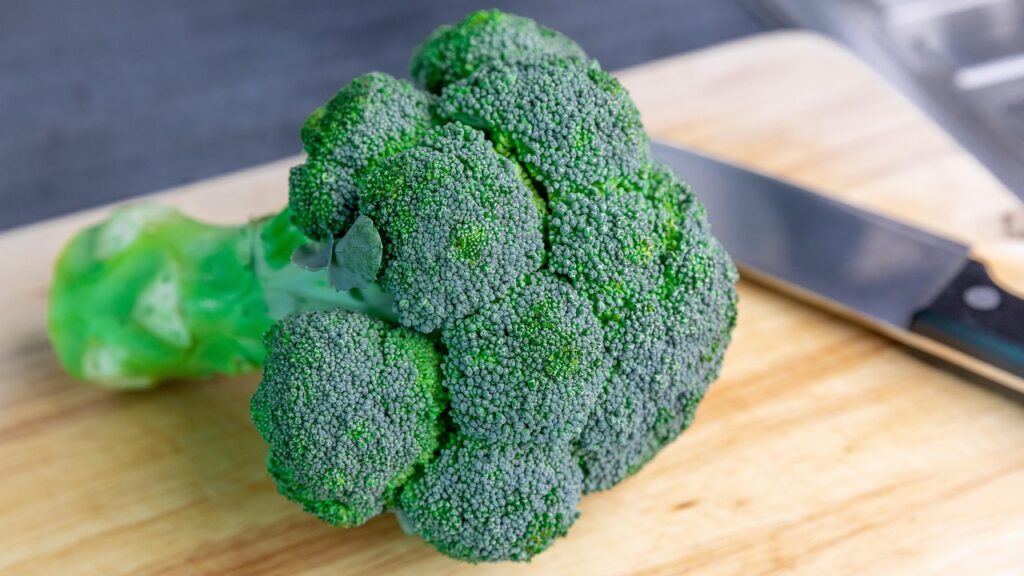For many, the day doesn’t truly begin until that first cup of coffee. But could this beloved morning ritual be interfering with reproductive health? Emerging research suggests that caffeine—especially when consumed first thing in the morning—may have a greater impact on hormonal balance than previously thought.
How Caffeine Affects Hormones
Caffeine is a stimulant that triggers the release of cortisol, the body’s primary stress hormone. While cortisol plays an essential role in waking us up and keeping us alert, too much of it—especially in the morning when natural cortisol levels are already high—can throw off the delicate balance of reproductive hormones like estrogen, progesterone, and luteinizing hormone (LH).
For women trying to conceive or regulate their cycles, excess cortisol can interfere with ovulation and even contribute to irregular periods. In men, high cortisol levels can lead to lower testosterone production, which is crucial for sperm health. The combination of caffeine and elevated morning cortisol may create a hormonal imbalance that subtly disrupts fertility over time.
The Connection Between Caffeine and Fertility
Several studies have linked high caffeine consumption to reduced fertility. Research has shown that women who consume more than 200-300 mg of caffeine per day (roughly two to three cups of coffee) may take longer to conceive. Caffeine has also been associated with an increased risk of miscarriage, as it can constrict blood vessels and reduce blood flow to the uterus.
For men, studies indicate that excessive caffeine intake may reduce sperm motility and quality. While moderate caffeine consumption isn’t necessarily harmful, drinking it first thing in the morning—when reproductive hormones are at a critical point in their daily cycle—could be a hidden factor affecting fertility.
Should You Skip the Morning Coffee?
This doesn’t mean you have to give up caffeine entirely, but adjusting your coffee-drinking habits could make a difference. Instead of reaching for coffee immediately upon waking, try waiting at least 60 to 90 minutes. This allows cortisol levels to regulate naturally, reducing the potential for hormone disruption.
Other alternatives include switching to lower-caffeine options like matcha or herbal teas, which provide a gentler energy boost without the same level of cortisol stimulation. Staying hydrated with water before consuming caffeine can also help balance the body’s natural rhythms.
The Bottom Line
Your morning cup of coffee may be more than just a wake-up call—it could be influencing your reproductive hormones in ways you didn’t expect. By tweaking your caffeine routine, you can support hormonal balance and optimize fertility, all without giving up your favorite drink entirely.








